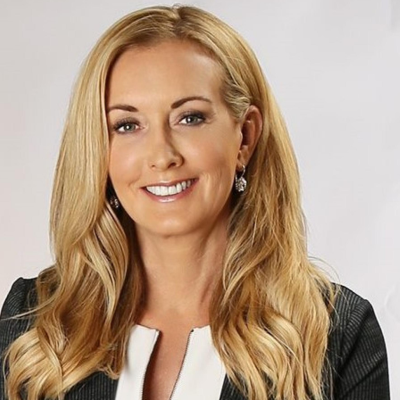Bayer settles Missouri Roundup case mid-trial; looks to US Supreme Court
Bayer this week put a halt to its latest courtroom battle over allegations that its weed killing products cause cancer, settling a Missouri case after four weeks of testimony and just as the trial was coming to a close and just ahead of important US Supreme Court consideration.
The confidential settlement, recorded June 16 in Missouri state court in St. Louis, came after the judge in the case denied Bayer’s motion for a directed verdict in the company’s favor that would have headed off jury deliberations. It is among many similar cases that Bayer has settled since purchasing Roundup maker Monsanto in 2018.
During the latest trial, lawyers for 54-year-old Albert Grantges argued that he developed non-Hodgkin lymphoma (NHL) because of 20 years of heavy use of “potent” formulations of glyphosate-based herbicides such as Roundup, made with the active ingredient glyphosate. Grantges used large quantities of the company’s glyphosate-based herbicide products in his work as a landscaper as well as in personal use at his home, lawyer Tobi Millrood told the jury.
During the trial, Grantges’ lawyer presented jurors with evidence that Monsanto long had knowledge of research showing a connection between glyphosate and cancer, but worked to hide the evidence rather than warning its customers. Among the evidence presented in the case were excerpts from internal corporate files that revealed secret Monsanto tactics to downplay connections between its products and cancer, including discussions of ghostwriting scientific papers that asserted glyphosate did not cause cancer.
Bayer maintains that its glyphosate herbicides are not carcinogenic, and showed evidence at trial the company’s lawyers said demonstrate the product’s safety.
Millrood did not respond to a request for comment about the trial or the settlement.
Bayer confirmed the settlement without providing further details. When asked if the company is getting any closer to achieving a global settlement or other resolution to put an end to the wider Roundup litigation that involves tens of thousands of lawsuits brought by people blaming the company’s herbicides for their cancers, a Bayer spokesman said only that it is “confident in its legal strategy and is fully prepared to defend these cases at trial, but will consider resolving cases on appropriate terms when it is strategically advantageous to do so.”
Bayer has been exploring the option of pushing the Monsanto business into bankruptcy, the Wall Street Journal recently reported.
Looking to SCOTUS
Bayer said Friday that it is looking to the US Supreme Court next week to take up the company’s request for a high court ruling on a key legal question that could dramatically impact the ongoing Roundup litigation.
Bayer’s petition for a writ of certiorari is scheduled for consideration by the court at its June 26 conference. Bayer hopes the court will agree with its assertion that federal law preempts state laws that allow “failure-to warn” claims, which are at the heart of the Roundup lawsuits. Bayer claims that because the US Environmental Protection Agency (EPA) does not require a cancer warning on labels of its glyphosate-based products, the company cannot add such a warning, and thus cannot be sued for failing to warn customers.
The company asked the court to resolve a divide among federal appellate courts in the Roundup litigation.
“Only the US Supreme Court can provide definitive guidance to state and federal courts that have reached different conclusions on this central issue,” Bayer said.
Alongside its efforts to get a favorable court ruling on the issue of preemption, Bayer has been lobbying state lawmakers across the country to pass preemption legislation to protect the company from litigation going forward. Georgia and North Dakota have passed such laws, and North Carolina lawmakers are now battling over the issue.
New study adds fuel to fire
A new study looking at potential health impacts of glyphosate and Bayer’s glyphosate-based herbicides is adding fresh fuel to the firestorm of controversy over Roundup. The study shows “solid and independent scientific evidence of the carcinogenicity of glyphosate and glyphosate-based herbicides,” according to Daniele Mandrioli, director of the Cesare Maltoni Cancer Research Center of the Ramazzini Institute in Italy and principal investigator for the study.
The European Commission has asked for Ramazzini to share its data, so that European regulators can “formally assess” if the research findings impact the current regulatory risk assessment of glyphosate, according to a report in Euractiv.
(Featured photo by Planet Volumes for Unsplash +.)




